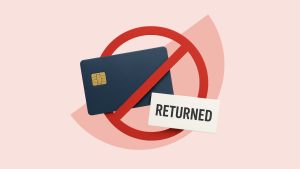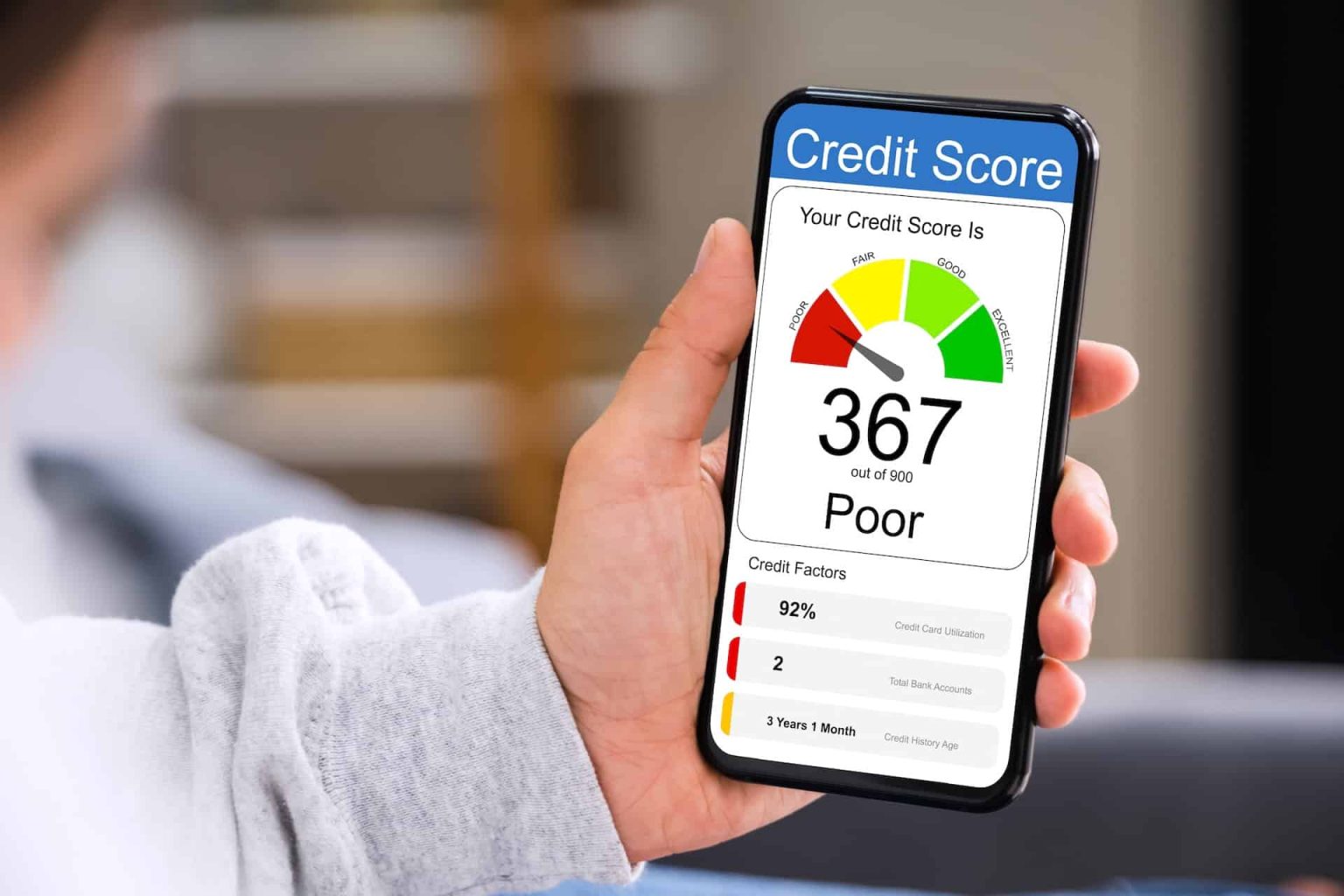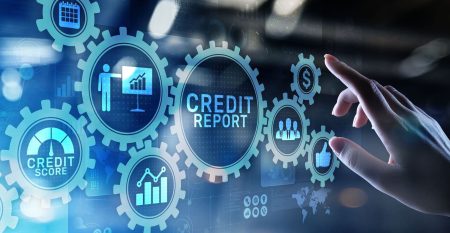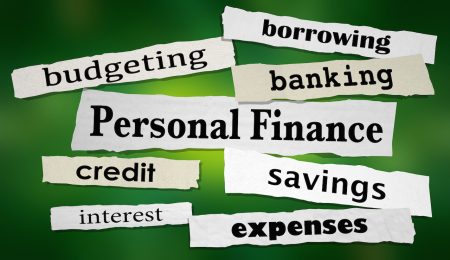Credit Sesame looks at the looming credit score bump reversal and what it could mean for student loan borrowers.
The government did more than pause student loan payments during the pandemic. It also effectively gave many student loan borrowers a bump in their credit scores.
Now comes the bad news. Student loan forbearance programs expired last fall. Researchers at the Federal Reserve Bank of New York estimate that many borrowers who are behind on payments or in default will see those issues appear on their credit reports in the first quarter of this year.
So, goodbye credit score bump. The resulting damage to credit reports could lead to many problems, especially for those who don’t take action soon.
Why the credit score bump may not last
Payments that are 90 days or more overdue are considered seriously delinquent. If all collection efforts fail, they may be classified as in default.
Delinquencies and defaults typically appear on credit reports, and that information can negatively affect credit scores. During the pandemic, emergency measures allowed those accounts to be marked as current, temporarily erasing the usual consequences.
The pause in negative reporting had a noticeable effect. According to New York Fed researchers, from 2019 to 2024, borrowers who started out delinquent saw a median credit score increase of 103 points. Those in default saw a median bump of 72 points.
Now that the temporary policies have ended, accounts may once again reflect their true status. Borrowers who didn’t use the pause to get caught up could see their credit scores drop as a result.
What a credit score bump or drop could mean
Just how much difference could a credit score change make? Credit scores are often grouped into categories, and moving from one to another can affect everything from interest rates to access to credit.
| Credit Score Range | Credit Category |
| 800 to 850 | Excellent |
| 740 to 799 | Very good |
| 670 to 739 | Good |
| 580 to 669 | Fair |
| 300 to 579 | Poor |
Often, a 100-point bump can lift a credit score by one or even two categories. For example, someone starting with a 650 could see their rating jump from fair to very good.
Unfortunately, the reverse may also be true. Losing 100 points could drop a score by one or more categories. Borrowers who benefited from the credit score bump could soon face that reversal.
If delinquencies and defaults start reappearing on credit reports, the consequences might include:
- Loss of access to credit. A lower credit category could limit the type or amount of credit available, especially for those who fall into the poor credit range.
- Higher cost of credit. Lenders typically charge higher interest rates to borrowers with lower credit scores, viewing them as higher risk.
- Increased insurance premiums. In most states, insurers can factor credit scores into pricing, meaning lower scores may result in higher premiums.
- Housing challenges. Landlords often check credit reports to assess reliability. A history of delinquency or default could make it harder to secure a lease.
- Employment barriers. Some employers include credit checks in their hiring process and may hesitate to hire applicants with unresolved financial issues.
What to do if your credit score takes a hit
If you’re concerned that student loan payment issues could hurt your credit score, there are steps you may be able to take:
- Consider an income-driven repayment (IDR) plan. If you have a federal student loan, an IDR plan could make your payments more affordable by basing them on your income. Getting current on your payments may help your credit report recover over time, and consistent on-time payments could support a stronger credit history.
- Avoid borrowing to cover everyday expenses. Using credit for long-term purchases may make sense if the payments fit your budget. But borrowing to get through the month can lead to deeper financial trouble. Cutting costs or finding ways to earn more might be a better long-term solution.
- Be selective about applying for new credit. Too many applications in a short period can hurt your score. Before opening a new account, consider whether it’s necessary and manageable.
- Get personalized tips. Credit Sesame can give you insights into managing your credit based on your unique financial profile.
The pandemic pause was temporary, but its effects on student loan repayment and credit may continue. As things return to normal, understanding how student loans can affect your credit is an important step toward staying financially steady.
If you enjoyed The credit score bump from paused student loans may soon disappear you may like,
Disclaimer: The article and information provided here are for informational purposes only and are not intended as a substitute for professional advice
Read the full article here









